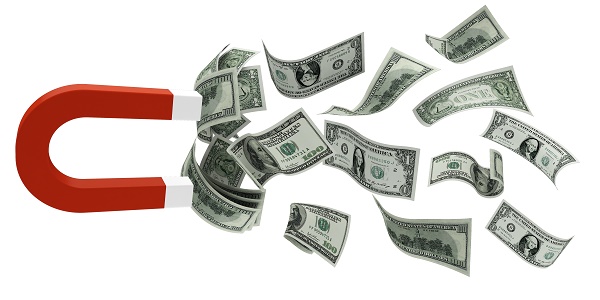
 Subrogation is an area of personal injury law that most folks aren’t aware of. It seems unfair, but your health insurance company or Personal Injury Protection (PIP) carrier may be able to get paid back for any medical bills it paid related to your personal injury claim. Just don’t expect them to pay back any of those premiums you’ve been paying all these years.
Subrogation is an area of personal injury law that most folks aren’t aware of. It seems unfair, but your health insurance company or Personal Injury Protection (PIP) carrier may be able to get paid back for any medical bills it paid related to your personal injury claim. Just don’t expect them to pay back any of those premiums you’ve been paying all these years.
Bryan Stow, who was catastrophically injured outside a baseball stadium, found out about the effects of subrogation the hard way (Bloomberg has an excellent piece on the story). Brian was awarded $18 million at trial, but will only walk away with $5.8 million. That will do little to cover the lifetime of care he now requires. Why? Because that is what he will be left with after insolvent defendants and satisfying medical and insurance liens. And don’t think his insurance company will return his $334 monthly premiums after it takes millions out of his pocket. The kicker? The insurance company paying out for those that injured Bryan saved themselves a cool $1.2 million by buying out the reimbursement rights from Brian’s health carrier.
Bryan had a health insurance plan that fell under ERISA, a federal law that was originally meant to safeguard pension plans. If your plan is an ERISA plan (health insurance plans of many major companies fall under this rule), then whatever your plan documents say goes. This means that if the person that injured you has a small insurance policy you may have to fork over all the money you recover on your claim, even if you haven’t recovered anything for your lost wages and pain and suffering. An attorney may be able to assist you in avoiding this eventuality, but it is not guaranteed. If you have a health insurance plan that falls under state law, however, then you may be in luck.
In Washington State, if your PIP or health insurance pays medical bills related to your claim, you may be required to pay back your insurance company subject to two conditions. First, the insurance company has to help pay its share of your attorney’s fees and help pay your legal costs. Second, your insurance company is only entitled to get paid back so-long-as you are “made whole.” Meaning that your insurance carrier doesn’t have a right to get any money back from you until after you are fully compensated for your economic damages and all your pain and suffering.
Oregon law is more favorable to your insurance company. Though the law is changing regarding PIP (you can read more about that in our previous blog post), Oregon insurers can generally take the entirety of your settlement after you recover economic damages, but that means there may be nothing left for your pain and suffering.
This can be complicated stuff without the aide of an attorney.